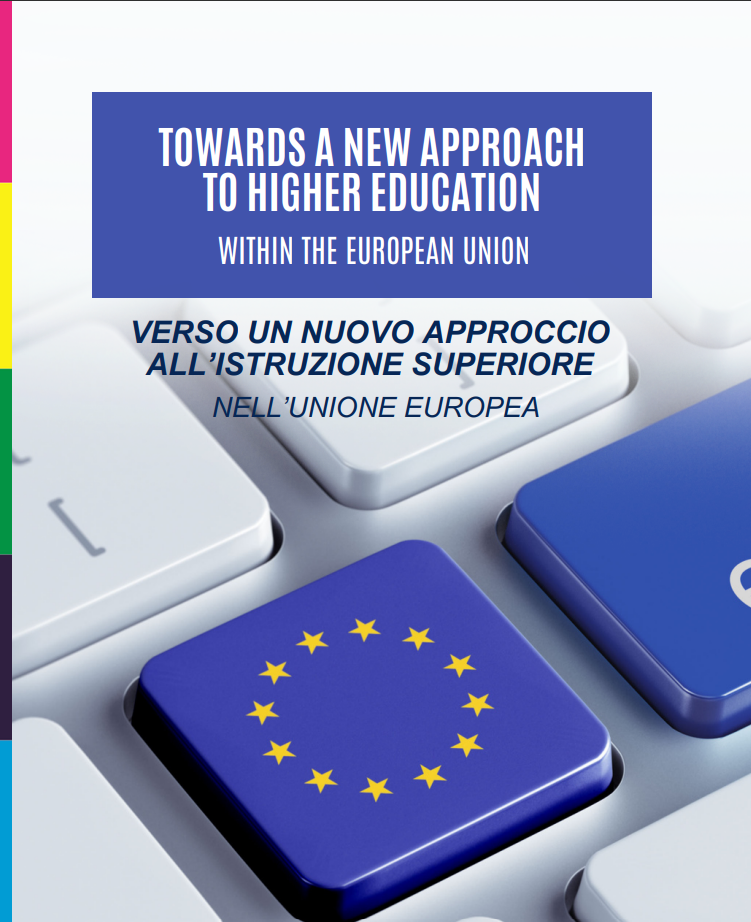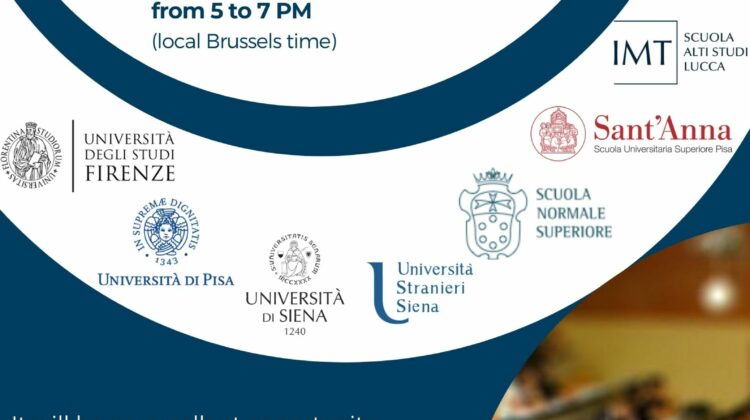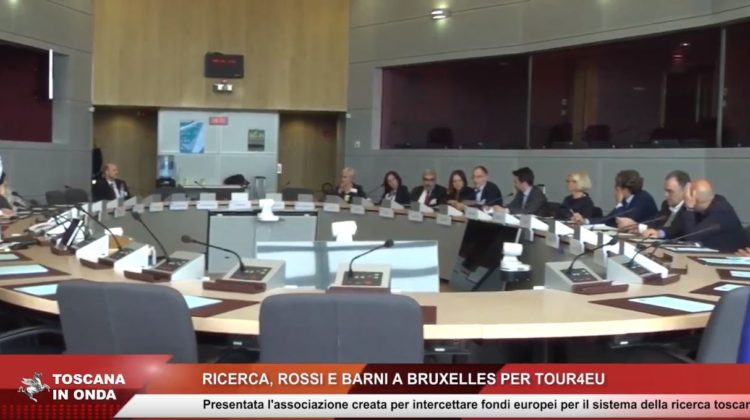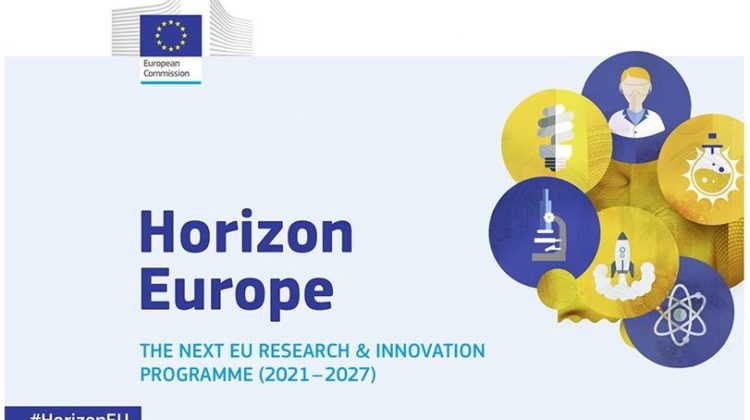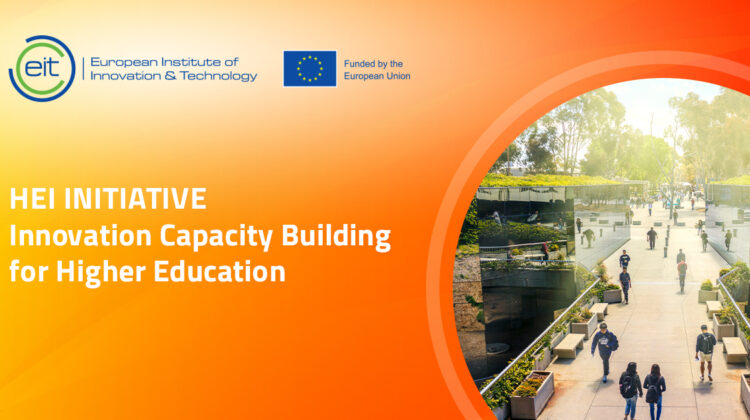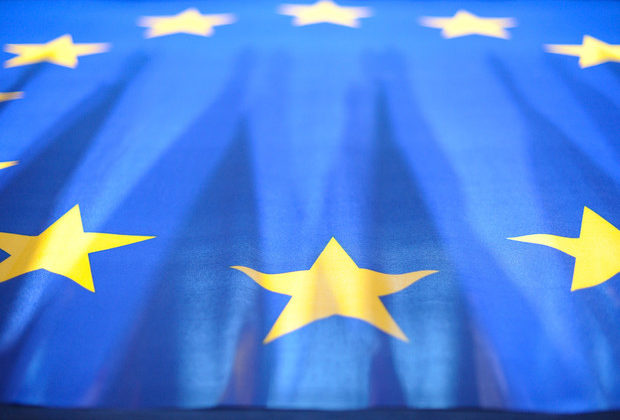The third version of the study “Towards a New Approach to Higher Education in the European Union,” authored by Eleonora Erittu, formerly a student of the Political and Social Sciences Class at the Scuola Normale and currently a research fellow at the Department of Political and Social Sciences at the University of Bologna, has been published open access. The report, initially published in June 2021, is the result of collaboration between the Friends of the Scuola Normale Superiore of Pisa and TOUR4EU, which sponsored a bilingual and updated version available in the institutional research archive of the Scuola Normale Superiore at the following link.
This is a substantial contribution aimed at illustrating the transformations in the European higher education landscape, offering an in-depth look at the past decade, and focusing on the period starting with the establishment of the von der Leyen Commission. European transformations are also discussed at the legislative level. The report narrates the path initiated with the ET2020 strategy (EU cooperation in education and training) and highlights the increased attention paid to the education sector, recognised as an economic and social engine of the entire Union in the aftermath of the pandemic.
This edition coincides with recent communications from the Commission on, among others, education, research and development, digitalization, and the green transition, with the added value of integrating the theme of education with other sectors, demonstrating its cross-sectoral scope.
The document is intended not only as a work of analysis and dissemination, but also as a toolkit for sector professionals. Its structure, alternating between text and in-depth sections, makes access to information quick and intuitive, with a section dedicated entirely to schematic summaries of key documents, such as communications on the European Education Area (EEA), the European Research Area (ERA), the digital plan, and the one on micro-credentials.
Special attention has been paid to the bilingual nature of the text, recognising the importance of multilingualism and its utility outside the Italian academic space. This choice aims to promote an inclusive approach that enhances linguistic diversity and facilitates understanding by professionals across Europe.
This third edition is the result of the continued commitment and support of TOUR4EU and all the universities in the Region of Tuscany, which have actively contributed to the report’s update, making it an even more comprehensive and relevant tool.

